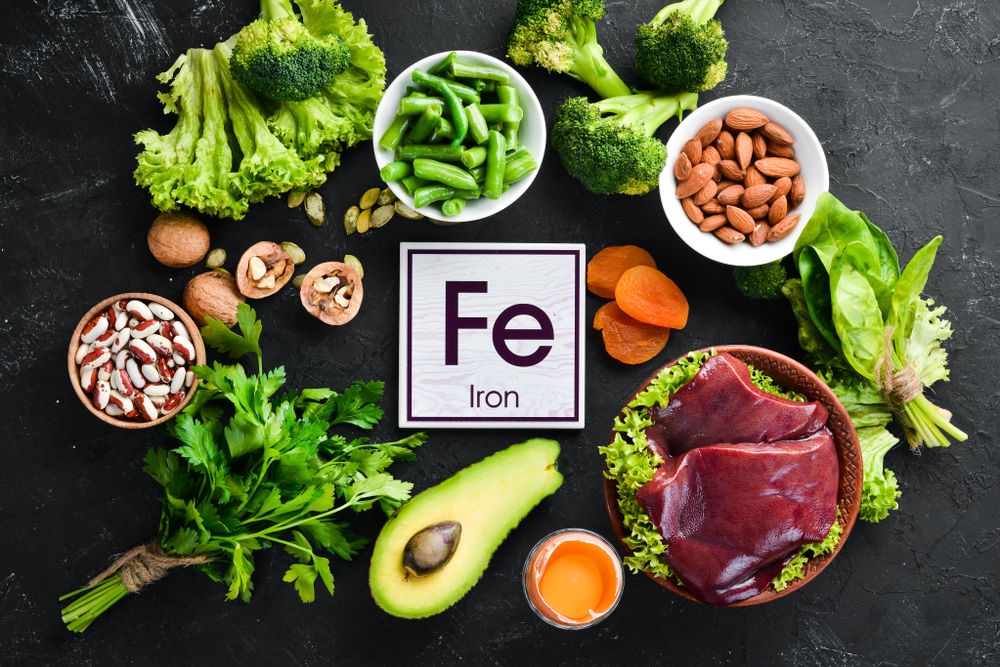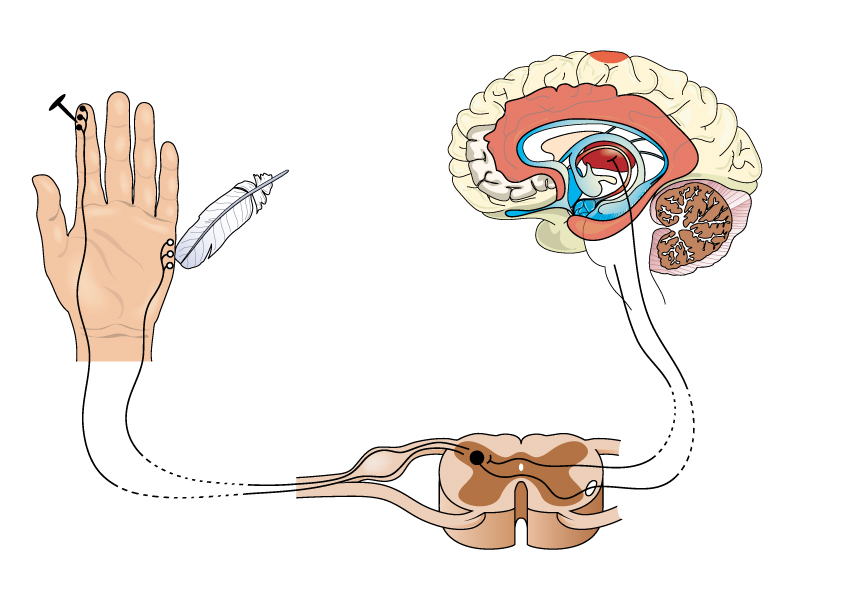Iron is a mineral that is required by the body for growth and repair. It is the second most abundant metal on Earth and makes up about 80% of the Earth’s inner and outer cores.
It is used to make hemoglobin, which is a protein found in red blood cells that carries oxygen from the lungs to all tissues of the body. People with low iron levels may experience weakness, reduced physical endurance, and fatigue due to iron-deficiency anemia. Supplements can be used if dietary intake does not meet the recommended level.
It is recommended that seniors consume approximately 8 milligrams of iron per day. This can be achieved by consuming lean meat, poultry, seafood, dried fruits, and white beans.
Iron plays an important role in the immune system by helping produce white blood cells that fight infections.
However, too high levels can cause symptoms including constipation, diarrhea, and vomiting. Since iron is essential for bacterial and parasite proliferation, high levels may enable the growth of unwanted microorganisms.
Humans typically lose small amounts of iron in the urine and feces. This loss becomes more pronounced in menstruating women because of monthly blood loss.
Love them without losing yourself. The Boom Health app helps you manage your loved one’s home care in one app. Download the app from the App Store or Google Play Store.
This article is not intended to be a substitute for professional medical advice or diagnosis. Always seek the advice of your physician or another qualified health provider with any questions you may have regarding a medical condition.





